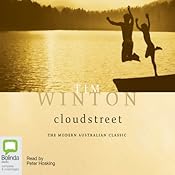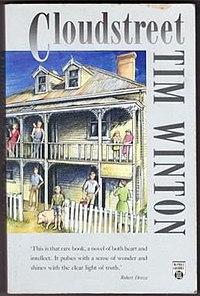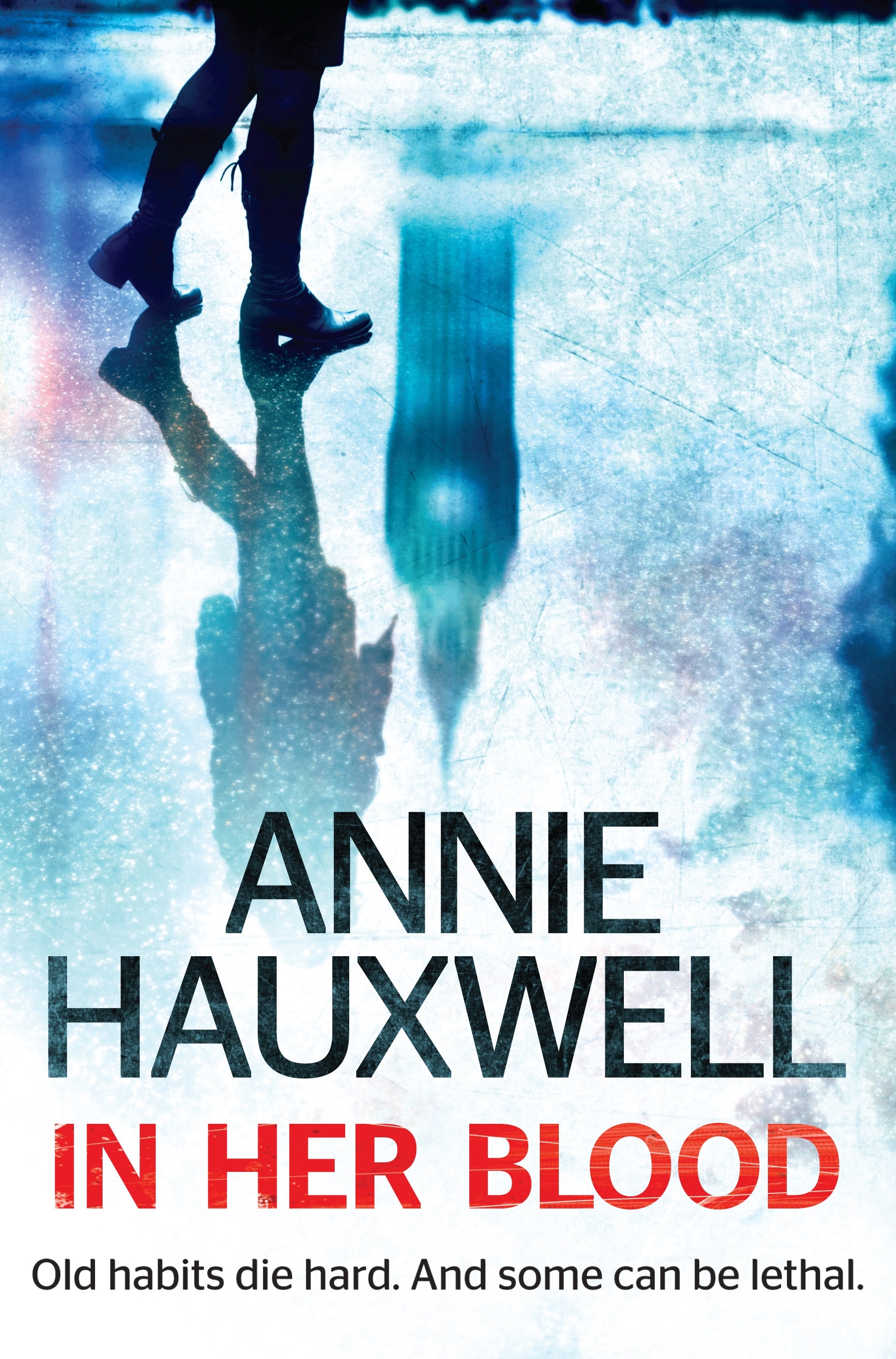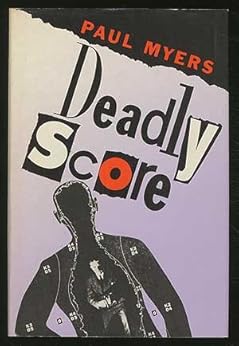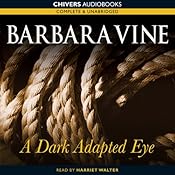Synopsis (
Pan Macmillan Australia)
In northern Iceland, 1829, Agnes Magnusdottir is condemned to death for her part in the brutal murder of two men.
Agnes
is sent to wait out the time leading to her execution on the farm of
District Officer Jon Jonsson, his wife and their two daughters.
Horrified to have a convicted murderess in their midst, the family
avoids speaking with Agnes. Only Toti, the young assistant reverend
appointed as Agnes's spiritual guardian, is compelled to try to
understand her, as he attempts to salvage her soul. As the summer months
fall away to winter and the hardships of rural life force the household
to work side by side, Agnes's ill-fated tale of longing and betrayal
begins to emerge. And as the days to her execution draw closer, the
question burns: did she or didn't she?
Based on a true story,
Burial Rites
is a deeply moving novel about personal freedom: who we are seen to be
versus who we believe ourselves to be, and the ways in which we will
risk everything for love. In beautiful, cut-glass prose, Hannah Kent
portrays Iceland's formidable landscape, where every day is a battle for
survival, and asks, how can one woman hope to endure when her life
depends upon the stories told by others?
My Take
I guess the first question any reviewer must address is whether BURIAL RITES actually fits into the category of crime fiction. Bernadette at
Reactions to Reading calls it "speculative biography".
The author says "
While this novel is a work of fiction, it is based on real events....
Many known and established facts about Agnes's life and the murders have been reproduced in this novel, and events have either been drawn directly from the record, or are the result of speculation; they are fictional likelihoods."
The most notable precursor for this style of "novel", which seems to move seamlessly from fact to fiction, so that the reader has little idea of where one ends and the other starts, is Truman Capote's IN COLD BLOOD. (see my mini-review below).
In reality Agnes Magnusdottir was the last person to be executed in Iceland (in 1829). From the novel the reader pieces together the enormity of the crime with which Agnes was accused, the harsh Icelandic setting, and what seems to be the barbaric nature of her execution. How life has changed in Iceland in nearly two centuries can be judged through the work of modern author
Arnaldur Indridason.
The reader moves with the Jonsson family with whom Agnes is billeted awaiting her execution, and with Toti, the young assistant reverend
appointed as Agnes's spiritual guardian, to try to assess whether in fact Agnes is guilty of the crime. During long Icelandic nights Agnes tells us the story of her life and of the events leading up to the Illugastadir murders.
It is obvious that Hannah Kent has done a lot of research, and throughout the "novel" letters, documents and extracts from the public record are presented. The merging of fact and fiction is cleverly done, the resultant writing stunningly empathetic.
My face to face book group, which usually reads crime fiction only, decided to read BURIAL RITES mainly because Hannah Kent is a South Australian writer and it is hard to ignore local displays of the book in our book shops. It was an excellent choice that should provoke a good amount of discussion.
My rating: 4.5
See other reviews
About the author
Hannah Kent was born in Adelaide in 1985. As a teenager she travelled to
Iceland on a Rotary Exchange, where she first heard the story of Agnes
Magnusdottir. Hannah is the co-founder and deputy editor of Australian
literary journal
Kill Your Darlings, and is
completing her PhD at Flinders University. In 2011 she won the inaugural
Writing Australia Unpublished Manuscript Award.
Burial Rites is her first novel.
Hannah Kent's website.
As an attendee of this year's 2013 Edinburgh International Book Festival,
Burial Rites is eligible for the 2013
FIRST BOOK AWARD.
Vote for Burial Rites in the First Book Award, sponsored by eBooks by Sainsbury’s. (Voting will close on Monday 14 October)
Mini-review: IN COLD BLOOD, Truman Capote, published 1966
This reconstructs the
murder in 1959 of a Kansas farmer, his wife and their two children by 2
amoral young killers. The book presents the true-fact story almost as
if it were fiction with descriptive passages where truth and journalism
are inextricably intertwined. The structure that Capote chose for the
book gave him the leeway to use the facts to explore the circumstances
surrounding the murders, and to consider why they happened, and what the
effects were on those who not only remained but investigated the crime.
My Rating: 4.2



